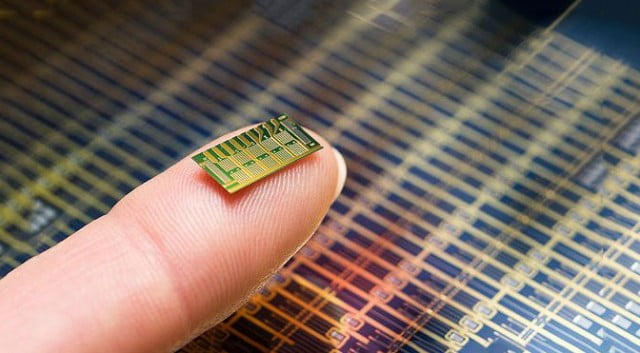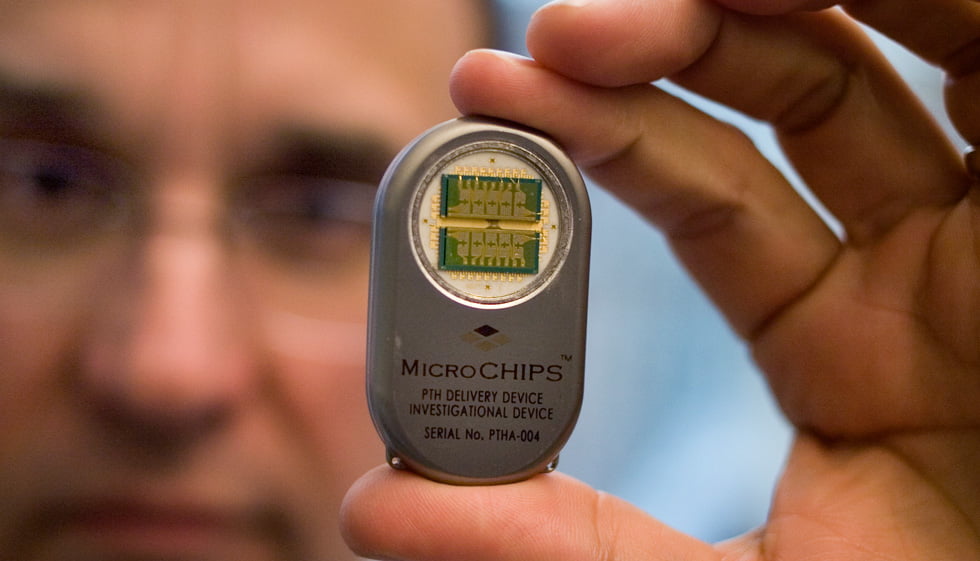This article was first published on The Times of Israel and was re-posted with permission.
In-body microchips that deliver medicine in doses either pre-determined or controlled by doctors from outside the body could be the next big thing in drug delivery, and Teva Pharmaceuticals has jumped onto the bandwagon.
The company announced last week a new partnership with US firm Microchips Biotech to deliver Teva-made drugs to patients using the American company’s implanted microchip. It’s the first deal for Microchips Biotech – and the first ever that seeks to commercialize what some consider to be a controversial technology.
SEE ALSO: The Top 10 Israeli Technologies That Are Changing The World
To some, an in-body chip that delivers drugs automatically and eliminates the need to measure out meds – or to even to remember to take them – sounds like the height of convenience and safety, perfect for the elderly and others who often miss doses.
Others – including libertarians concerned over a further erosion of privacy by digital devices and technologies, as well as Christians who are opposed in principle to implanted microchips, are likely to be aghast over what the two companies are doing.
Nevertheless, both fans and foes of in-body drug delivery are going to have to get used to the likelihood that at some point in the future, a doctor will suggest that they, too, be implanted with a chip that doses out drugs in pre-determined increments.
To continue reading this article on the TOI site, click here.
Related posts

Israeli Medical Technologies That Could Change The World

Harnessing Our Own Bodies For Side Effect-Free Weight Loss

Missing Protein Could Unlock Treatment For Aggressive Lung Cancer





Facebook comments